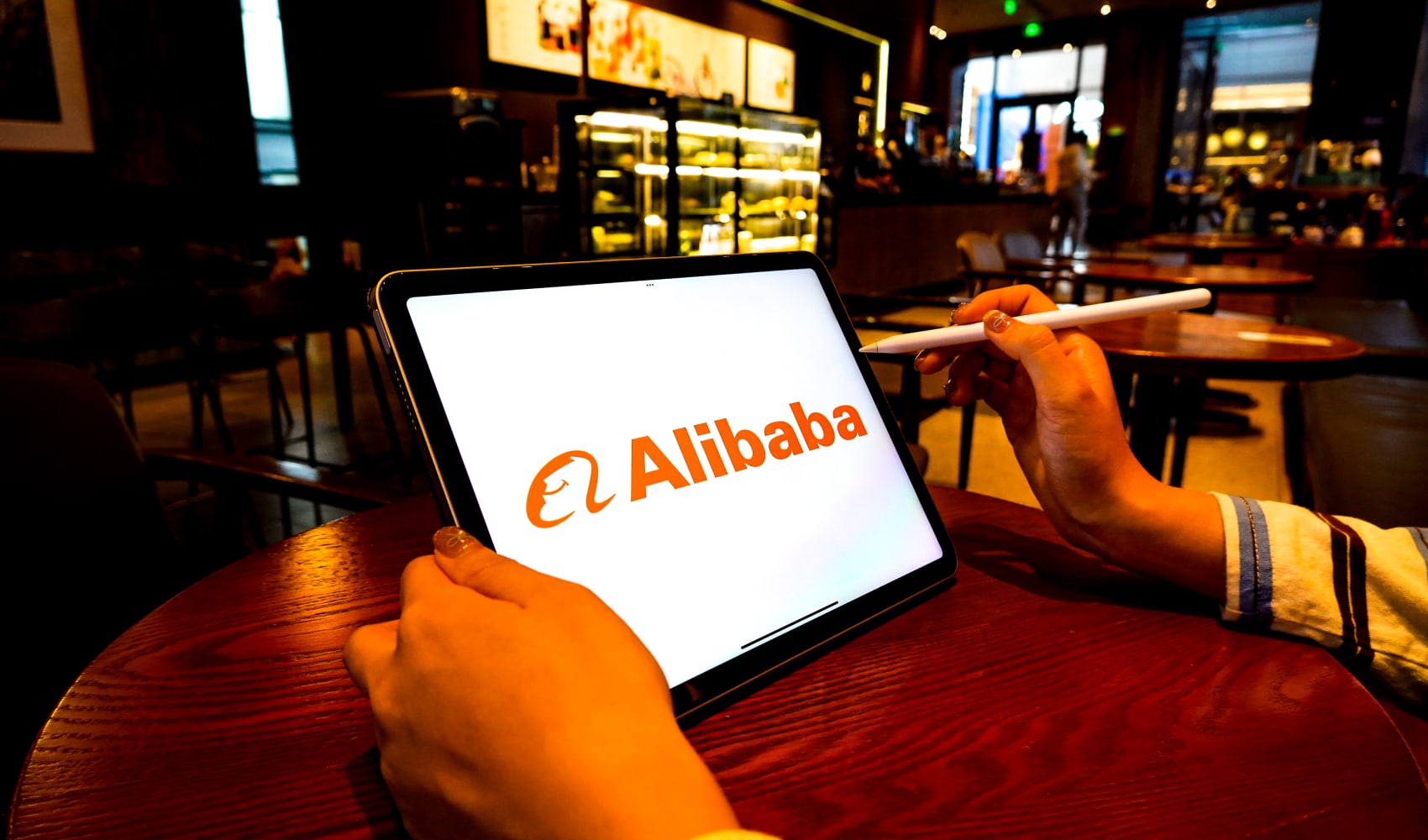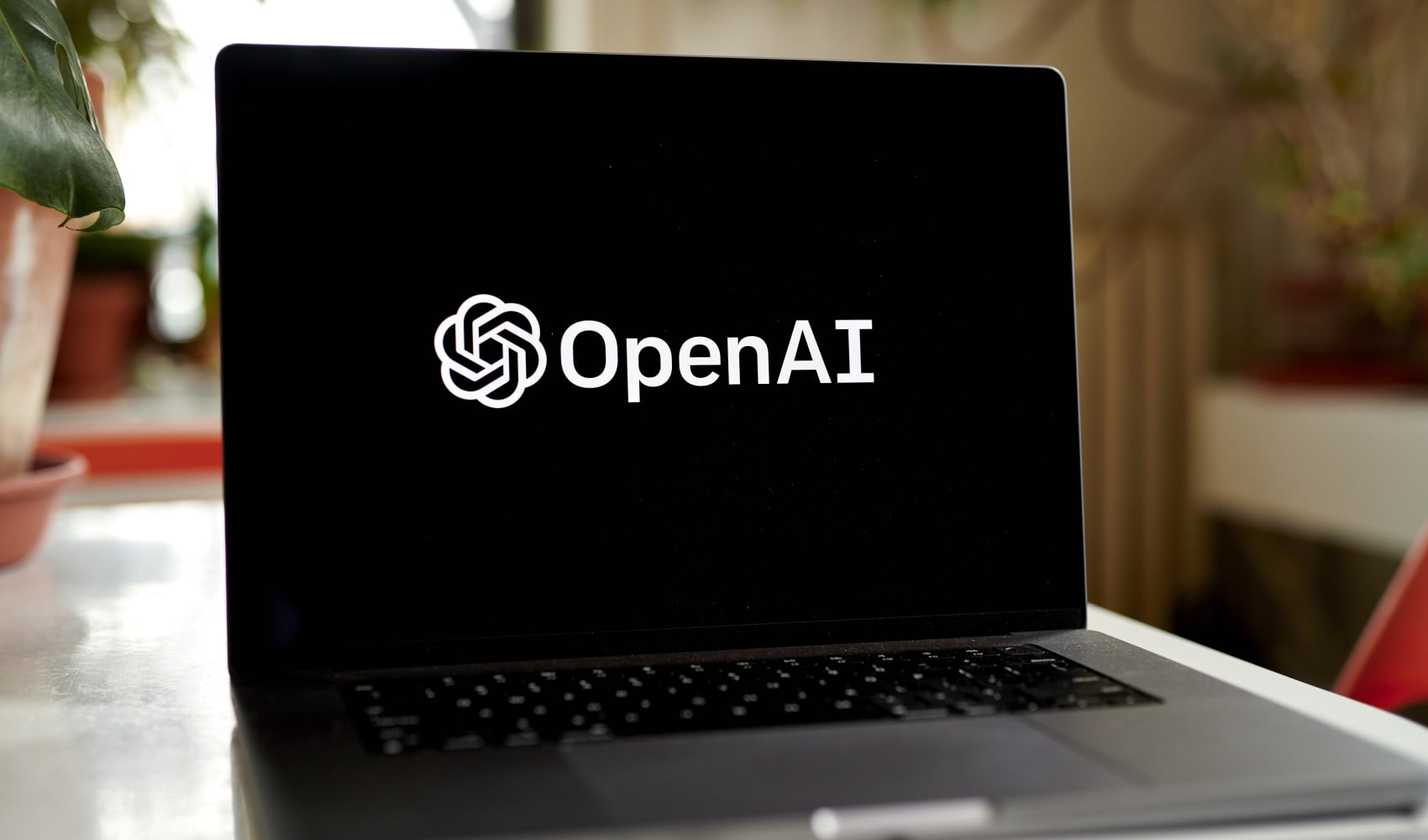
- Speaking to CNBC from the remote province of East New Britain in Papua New Guinea, Gianluca Grimalda said he started "slow traveling" about 13 years ago as part of an attempt to be at peace with himself during the deepening climate crisis.
- In practice, that meant flying as little as possible when attending international conferences and instead prioritizing more sustainable methods of transport to reduce his environmental footprint.
- "I must do what I can to really sound this alarm as strongly as possible, so this is why I have made this decision," Grimalda said.
Gianluca Grimalda was faced with a dilemma.
His employer, the Kiel Institute for the World Economy, a think tank based in Germany, ordered him at short notice to wrap up his fieldwork in Bougainville off the coast of Papua New Guinea in the southwestern Pacific and return to his desk — or lose his job.
The ultimatum effectively required Grimalda, a climate researcher and self-styled "slow traveler," to promptly board a flight back to Europe.
Get top local stories in Southern California delivered to you every morning. Sign up for NBC LA's News Headlines newsletter.
He refused and was fired — but says he would make the same decision again in a heartbeat.
Speaking to CNBC from the remote province of East New Britain in Papua New Guinea, Grimalda said he started "slow traveling" about 13 years ago as part of an attempt to be at peace with himself during the deepening climate crisis.
In practice, that meant flying as little as possible when attending international conferences and instead prioritizing more sustainable methods of transport to reduce his environmental footprint.
Money Report
Emissions from air travel are a significant contributor to climate change and aviation is known to be one of the most challenging sectors to decarbonize. Indeed, researchers have estimated that air travel accounts for about 4% of human-induced global warming.
"Even when coming here seven months ago I managed to slow travel only until Singapore, then I caught a plane because it was just impossible — as I know now — to find some kind of different mode of transport from airplanes," Grimalda said.
"I was really determined to come back entirely 'no fly,' partly for my own moral commitment … but I also wanted to send a strong signal that in the current situation of progressive climate breakdown, it is very important that what we consider extraordinary actions become more and more normal."
Grimalda said on Tuesday that he'd been stuck on a cargo ship in a compound in East New Britain for the past 10 days.
However, he hoped to be able to resume his epic journey of 15,000 miles (24,140 kilometers) via overland routes from Friday. He plans to finally make it back to Europe around the second week of December.

On returning to Germany later this year, Grimalda said, he intends to file a lawsuit against his former employer for unlawful dismissal.
A spokesperson for the Kiel Institute for the World Economy told CNBC that the institute does not comment on internal personnel matters in public.
"What is public and obvious: Dr. Grimalda planned his trip to Papua with our support. We supported an earlier 'slow travel' trip to Papua by him before," the spokesperson said, adding that the institute always supports its employees traveling in a climate-friendly way during business trips.
"We are committed to do without air travel in Germany and in other EU countries as far as we can. If air travel is necessary, we provide CO₂ compensation. We pay to Atmosfair to offset emissions through climate protection projects," they added.
'I think it was the right decision'
Grimalda's slow journey home comes after several months conducting fieldwork into the social impact of climate change on the island of Bougainville. He said the completion of his research project had been delayed by a series of unforeseeable incidents, from "major security threats" to a volcanic eruption.
When asked how he felt about losing his job because of his refusal to fly, Grimalda said, "I think it was a price worth paying and it is something I would do again for at least three reasons."
"First of all, I perceived this request by my institute as a kind of moral and psychological blackmail and I thought that if I had given in to such a blackmail I would have lost of my dignity. So, I really didn't want to give in on that."
"The second was that I had made a promise to all 1,800 participants in my research that I would have made everything possible to alleviate their suffering. These are people that experience climate change on a daily basis," he added, noting that the coastal communities he'd interacted with had been forced to relocate inland in light of the rising sea level.
"And finally, I thought that in the end this was an opportunity that maybe I had to take because as a concerned climate scientist and concerned citizen for the climate breakdown, I really am trying everything possible."
Grimalda said losing his job wasn't the end of the world and suggested it may instead be a "sign of fate" to do something else.
"So, I said, I'm going to take this gamble. Maybe this is the chance that I can really persuade the largest number of people that I could ever speak with that we really need to change the course of our action as urgently as possible," he said.
"In the current situation, I think the really insane thing is to get on with business as usual because it is really an abnormal situation. I must do what I can to really sound this alarm as strongly as possible, so this is why I have made this decision. I think it was the right decision."






